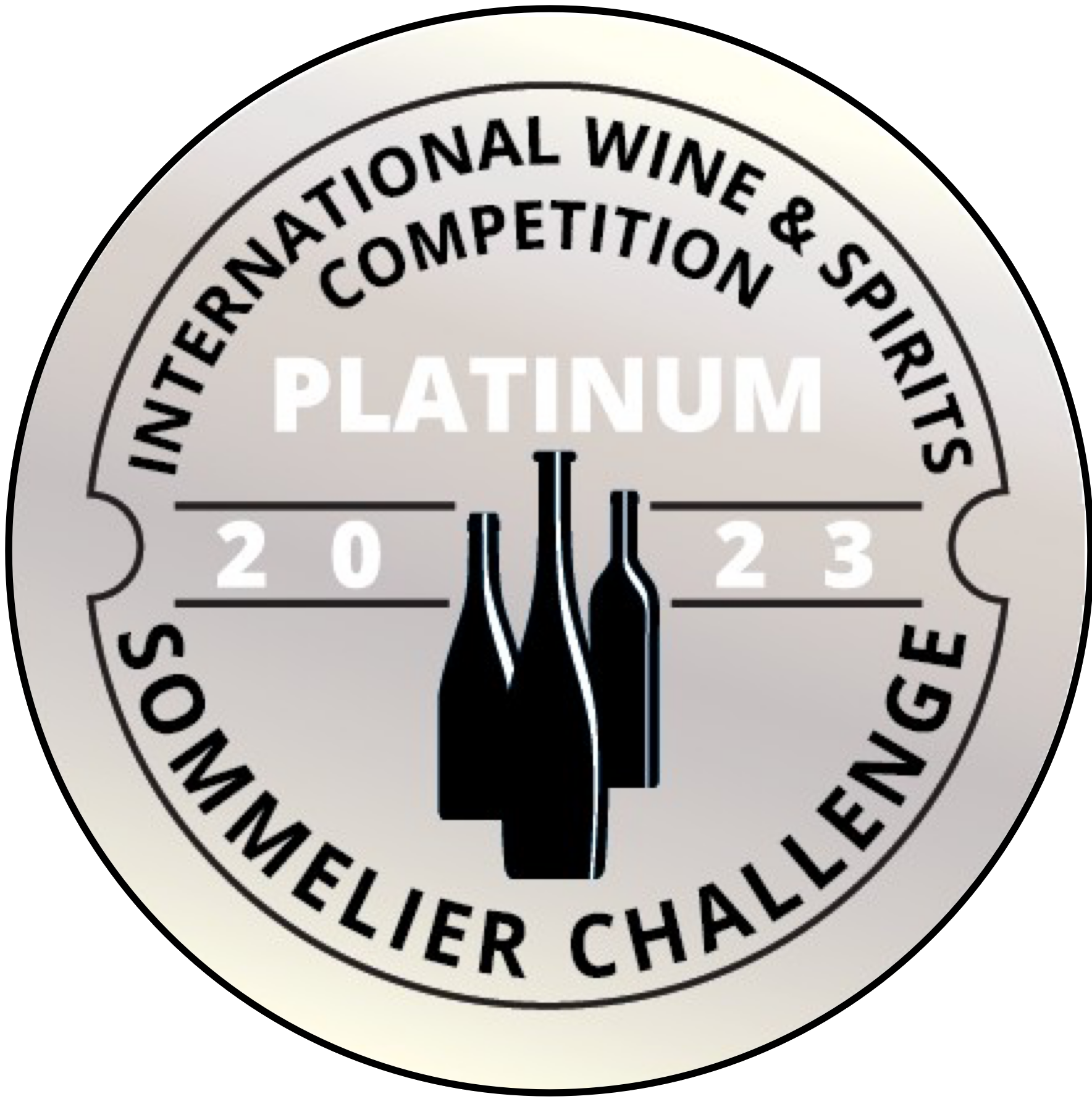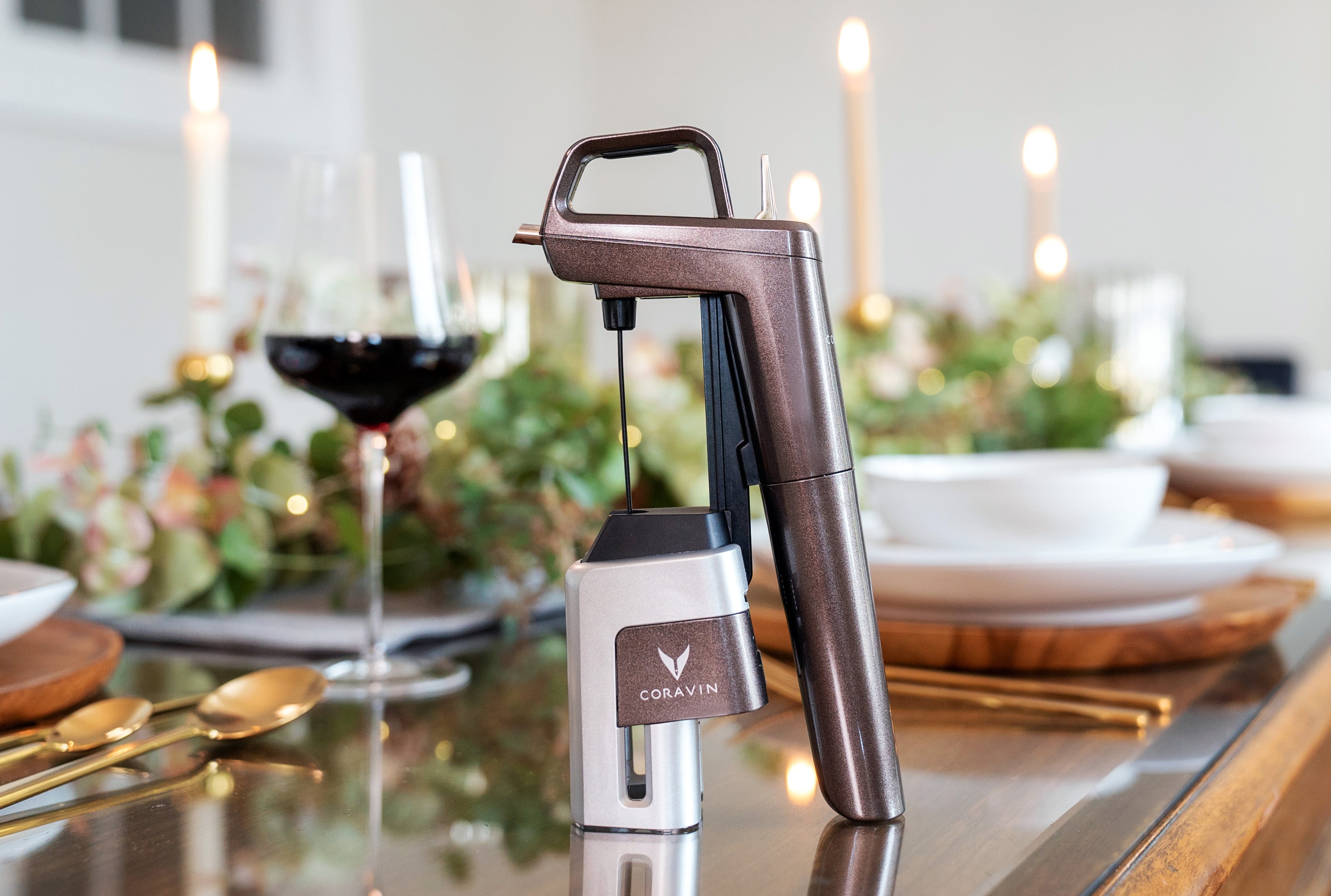Wineries Known For Their Beautiful Gardens - Sebastopol Wine Country
Wineries That Offer Dog Friendly Areas - Sonoma Wine Culture
Wine tasting is usually regarded as an art type, one which goes beyond merely having fun with a beverage. It embraces a complex interplay of flavors, aromas, and textures that requires dedicated practice to truly grasp. Many who venture into the world of wine tasting quickly notice that it includes much more than just sipping wine. Improving sensory skills by way of devoted winery wine tasting can elevate the experience, reworking an informal consuming occasion into a sophisticated exploration of the senses.
At a fundamental level, wine tasting engages the senses of sight, scent, style, touch, and even sound. Each element plays a vital role in appreciating the nuances of a wine. When one first pours a glass of wine, the wealthy hues can provide preliminary insights into its age and varietal. Observing the color and readability helps form expectations in regards to the wine's flavor profile. Many don’t fully appreciate how this visual assessment can set the stage for what is to observe.
The next step is to have interaction the sense of odor. Swirling the glass aerates the wine, permitting its unstable compounds to flee and fill the air with its bouquet. The nostril entails some fascinating layers—different aromas can signal numerous features of the winemaking course of, together with the sort of grapes used, fermentation strategies, and growing older circumstances. Developing a keen sense of smell can be a game-changer in wine tasting.
Wineries With Beautiful Architecture - Sebastopol Wineries
To enhance this sensory skill, wine enthusiasts are sometimes encouraged to take part in dedicated tastings at wineries. These tastings allow people to focus solely on the sensory experience (Wineries Promoting Wine Club Memberships). Tasting periods led by knowledgeable sommeliers or winemakers can supply insights into identifying distinct aromas. Studying to differentiate between floral, fruity, earthy, and spicy notes can empower a taster to articulate their experience with higher precision.
As one practices their sensory abilities, they might discover that their style preferences evolve. This transformation often happens after multiple tastings. A wine that originally seemed overwhelming may reveal hidden layers of complexity with a bit of experience. Understanding tips on how to isolate individual flavors similar to acidity, sweetness, bitterness, and umami contributes substantially to the overall wine experience.
One Other essential component in improving sensory skills is the context by which wine is tasted. Environmental factors like temperature, lighting, and even the company current can influence perceptions. At a winery, an optimum setting can scale back distractions and enable a more profound exploration of the wine (Wineries That Offer Dog Friendly Areas). Training conscious tasting techniques encourages a more immersive experience, allowing tasters to hone in on their senses.
It isn't solely about particular person perception, although. Engaging with others throughout a tasting can also improve sensory skills. Sharing notes and discussing impressions fosters a deeper understanding of the wine. This collaborative approach encourages members to articulate their sensory experiences, thereby broadening their linguistic repertoire related to wine tasting.
Wineries That Offer Barrel Tastings - Vineyard Visits And Wine Tasting In Sonoma
Moreover, pairing wine with food can significantly enhance the tasting experience. Completely Different mixtures can bring out distinctive flavors in each the wine and the dish. As one tastes a wine alongside specific foods, they'll begin to recognize how sure parts in the wine complement or distinction with what they're eating. This skill of pairing is one other layer that enriches sensory growth.
Training one’s palate can involve a selection of exercises. Some enthusiasts engage in systematic tasting experiences, sampling a variety of wines that go to this website showcase totally different varietals, regions, or vintages. Exploring this variety can sharpen the ability to discern nuances throughout totally different wine profiles. Over time, this practice builds a mental library of flavors that could be accessed during future tastings.
Notably, written notes serve a dual purpose: organizing one’s ideas and reinforcing memory. By writing down observations about every wine, tasters can monitor their progress over time. Detailing the traits of wines assists in solidifying data, in the end deepening one’s appreciation of what they eat.
Moreover, attending workshops or classes centered on sensory evaluation may additionally be useful. Many wineries provide these instructional applications to help people refine their skills. Often, skilled instructors guide participants via structured tastings, focusing on particular elements of the wine. This degree of training reinforces the sensory skills asynchronously and challenges tasters to consider their experiences from completely different angles.
Charming Wineries With Views In Sonoma Valley - Wine Tasting Experiences In Sonoma Valley

Over time, the commitment to improving sensory skills through dedicated winery wine tasting can yield vital rewards. The enjoyment derived from wine becomes layered and multifaceted. No longer limited to a simple preference for "red" or "white," tasters begin to appreciate the stories behind each pour. They cultivate a palette able to navigating the advanced panorama of flavors with confidence.
In conclusion, the journey of enhancing sensory skills by way of devoted winery wine tasting is as rewarding as it's pleasant. It requires focus, dedication, and a willingness to study, however the outcomes far exceed the initial effort. By partaking a number of senses and participating in thoughtful discussions, people not solely turn into more proficient at identifying flavors but in addition develop a deeper appreciation for the craftsmanship behind each bottle. The process transforms wine from a mere beverage right into a wealthy tapestry of sensory exploration that beckons enthusiasts to delve deeper. As skills enhance, so too does the enjoyment, enriching life experiences one sip at a time.
Interactive Wine Tasting Experiences In Sonoma - Craft Wineries In Sonoma
- Partaking the palate through various wine varieties enhances the power to differentiate flavors and aromas, refining general sensory perception.
- Taking Part in guided tastings promotes centered consideration on subtle characteristics of each wine, nurturing crucial tasting skills.
- Studying to establish particular grape varieties fosters a deeper understanding of terroir, which aids in recognizing regional flavor profiles.
- Incorporating food pairings throughout tastings can heighten sensory awareness, as different tastes can affect one another and alter perceptions.
- Practicing the art of swirling and nosing wines permits individuals to attach olfactory cues with taste, enhancing the power to articulate sensory experiences.
- Attending workshops that emphasize blind tastings trains members to rely purely on their senses somewhat than preconceived notions, enhancing objectivity.
- Elevating sensory skills can result in higher wine selection skills, empowering individuals to make informed selections primarily based on personal preferences.
- Partaking with knowledgeable sommeliers presents insights into wine-making processes, which deepens sensory appreciation and enhances vocabulary for describing wines.
- Regular participation in tastings encourages memory improvement of flavors and aromas, aiding in the formation of a personalized sensory profile over time.
- Sharing tasting experiences with peers fosters dialogue, promoting communal learning that can enhance particular person sensory skills by way of collaboration.undefinedWhat is the purpose of bettering sensory skills through wine tasting?

Bettering sensory skills by way of wine tasting allows individuals to enhance their capacity to establish and respect the assorted aromas, flavors, and textures of wine. This heightened sensory consciousness can lead to a deeper understanding of wine and an total enriched tasting experience.
Wineries Promoting Sustainable Farming - A Guide To Sonoma Wineries
How can I develop my sensory skills at a winery?
You can develop your sensory skills at a winery by see this website taking part in guided tasting classes that target particular varietals. Have Interaction with educated workers who can present insights and encourage you to take notes on your impressions, enhancing both your observational and descriptive abilities.
What should I expect throughout a devoted wine tasting experience?
Wineries Perfect For A Relaxing Afternoon - Wineries In The Sebastopol Region
During a dedicated wine tasting experience, anticipate to pattern a choice of wines whereas receiving focused training about each. You May be taught about the winemaking process, tasting techniques, and the way to discern different sensory characteristics, all in a relaxed environment.
Is prior information of wine essential to benefit from a sensory skills workshop?
- Sonoma's Top Sparkling Wine Producers
No prior data of wine is necessary; the workshops are designed for all ranges of experience. Beginners will find priceless information to build from, whereas seasoned tasters can refine their skills and broaden their palate even further.
How do sensory skills influence my total wine appreciation?
Wineries Near Sonoma Square - Sonoma Wine Tastings
Improving sensory skills considerably enhances your general wine appreciation by allowing you to establish subtleties and complexities in wines. This deeper understanding enriches your tasting experience and helps you make informed selections based mostly on personal preferences.
Are there specific techniques I ought to use while tasting wine to enhance my sensory skills?
Charming Wineries With Views In Sonoma Valley - Sonoma's Best Vineyards
Sure, using techniques such because the "SWOT" technique (Sight, Swirl, Odor, Sip, Savor) can be beneficial. Pay attention to the wine's look, aromatics, and mouthfeel, and take your time with every sip to totally discover the flavors and sensations.
What sort of wines are typically included in sensory skills tastings?
Typically, sensory skills tastings embrace a variety of wines that showcase totally different regions, varietals, and styles. This variety helps participants establish distinct traits and enhances their ability to distinguish between wines.
Can sensory skills workshops be personalized to my tasting interests?
Vineyard Picnic Spots In Sonoma Valley - Sonoma Area Winery For Tasting
Many wineries offer personalized choices for sensory skills workshops, permitting you to concentrate on particular forms of wines or themes that curiosity you, similar to organic wines or unique regional offerings. It's best to inquire directly with the winery for tailor-made experiences.
Is there a approach to practice sensory skills after leaving the winery?
Sure, you probably can practice your sensory skills at home by tasting totally different wines and keeping a tasting journal. Experimenting with numerous food pairings and aromatics can additional enhance your understanding of how flavors interact, reinforcing the skills gained on the winery.